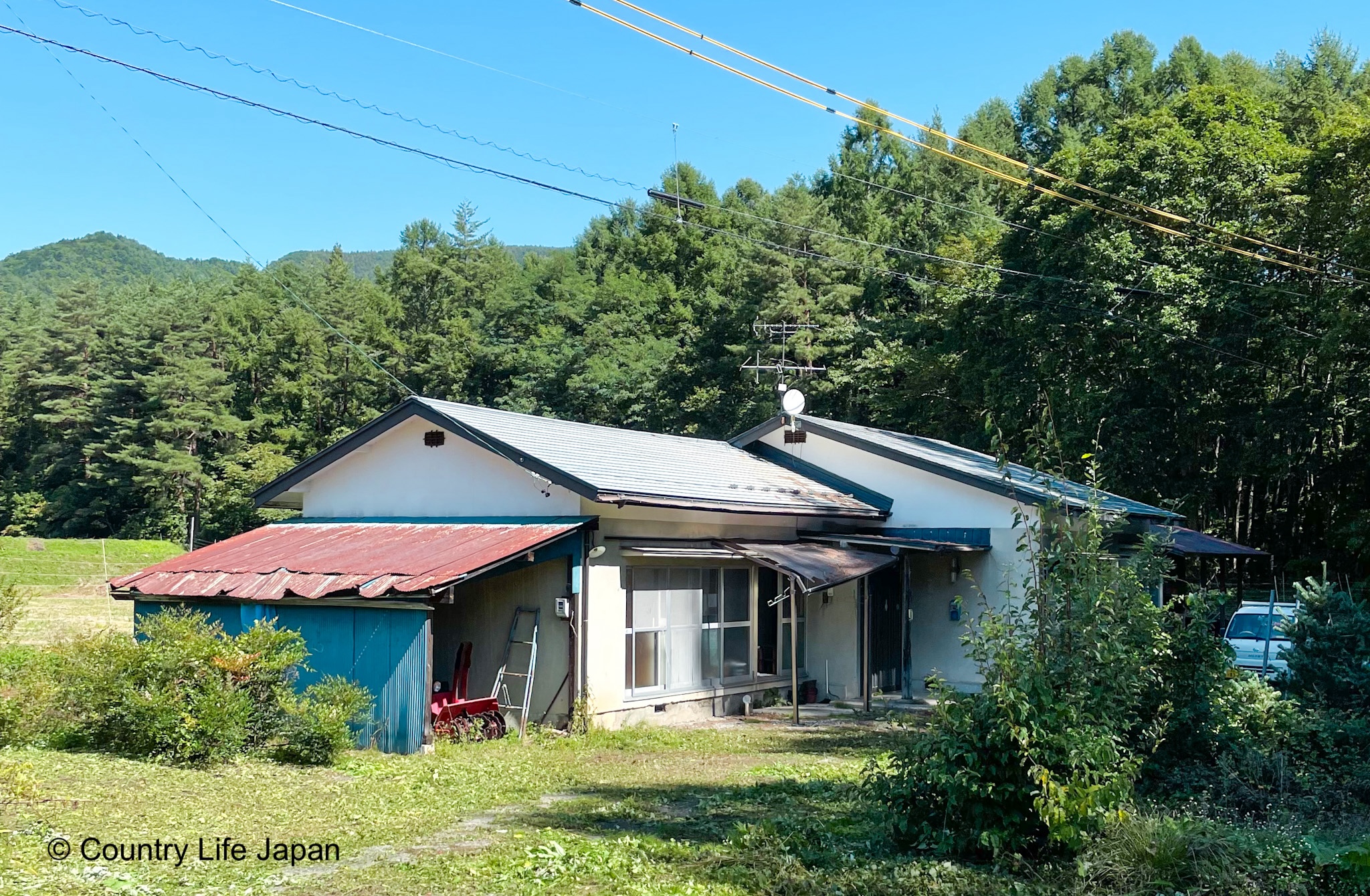What is an akiya?
A direct translation of akiya (空き家) would be ’empty house’. These exist throughout the country, predominantly in rural areas. According to the most recent survey by The Ministry of Internal Affairs, there are approximately 8.5 million akiya. On average, 5.6% of all homes in Japan are akiya. However, in some prefectures, more than 20% of homes are empty and disused.
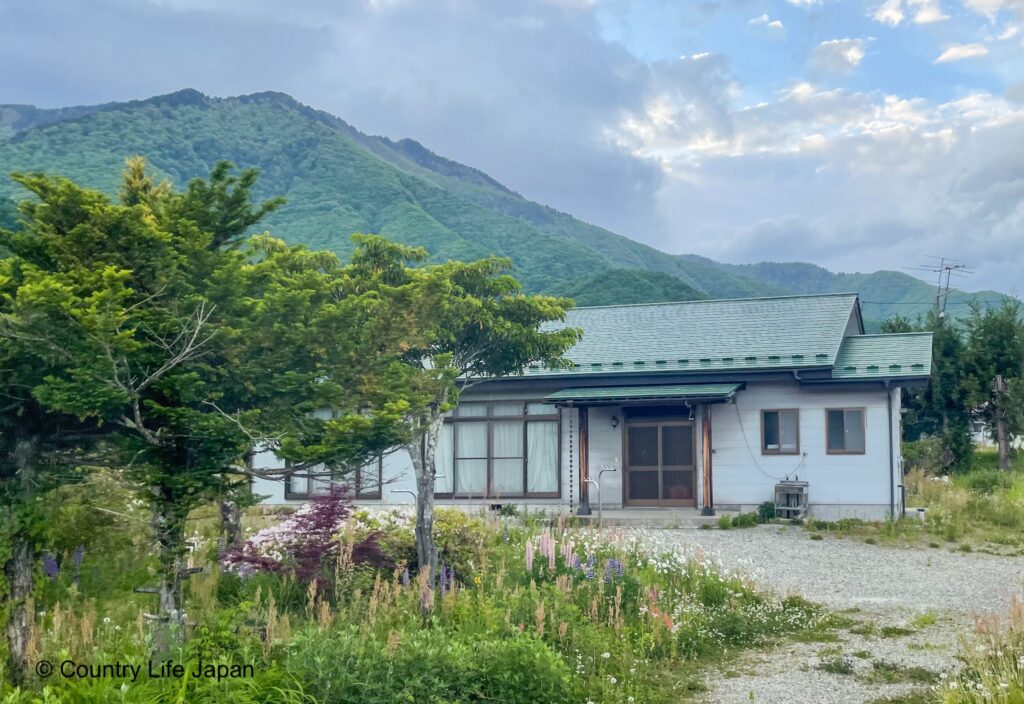
Why are there so many?
There are multiple reasons for this phenomenon, as listed below.
The ageing population and low birth rate
Japan has a declining population due to the low birth rate and rapidly ageing society, which has resulted in an increase in vacant houses. It is common for elderly people to move in with their relatives or into care homes when they require more assistance, leaving their homes empty.
A mass exodus from rural areas
As academic and employment opportunities are more limited in rural areas, young students and workers move to the cities to pursue their goals. By doing so, the family houses are uncared for and fall into states of disrepair.
Issues with inheritances
Heirs to properties and land in rural areas frequently have no interest or intention to live in the properties and leave them to deteriorate. They may also be reluctant to sell the property with it being family land.
Occasionally, the owner of the property did not name a successor before they died, thus leaving the property ownerless.
High Cost of Demolition
Demolishing houses in Japan can be expensive and can deter people from opting to do so.
The cost of demolishing a vacant timber house in Japan can cost approximately 30,000-50,000 yen per tsubo (3.3 metres squared).
This cost would be higher for a steel or concrete structure.
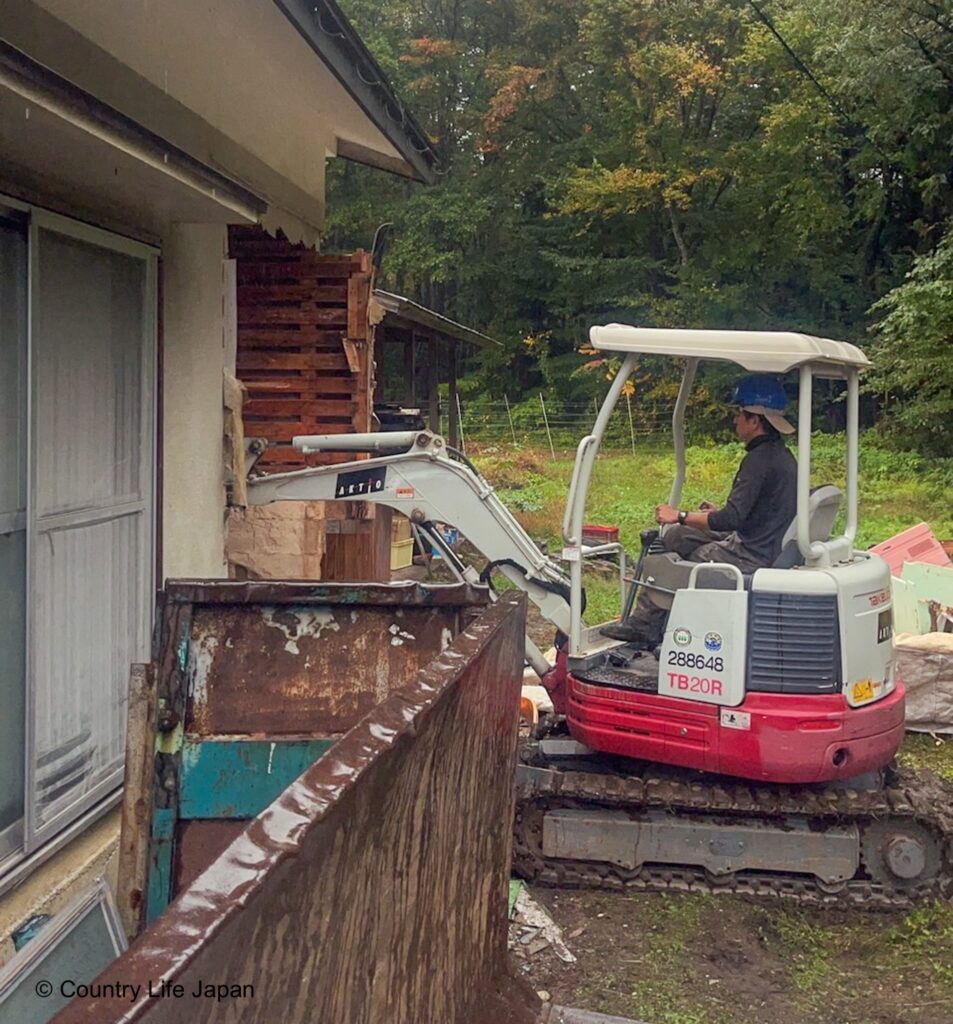
Property Taxes on Land
If a house is demolished to leave an empty plot of land, it can result in higher property and urban planning taxes.
Some tax deduction incentives, like for ‘small-scale residential land’ and ‘general residential land,’ only pertain to plots with existing structures.
New Builds are preferred
The Japanese have a propensity for new things, and this is no different when it comes to their homes. According to the Ministry of Land, Infrastructure, Transport, and Tourism’s latest survey, 819,623 new homes were built in 2023, whereas 41,000 existing homes and apartments were sold in 2022.
Are akiya a problem?
These houses are commonly dilapidated, unsightly, and potentially dangerous. Therefore, local governments and communities are making efforts to decrease their numbers by offering tax incentives for owners to demolish or maintain the properties.
What are akiya banks?
When akiya are left unclaimed, the government takes possession of the properties and seeks to auction them off or sell them.
Local governments have set up web pages compiling all the known akiya in a given area to encourage owners to sell and assist buyers in locating these properties. These websites are known as akiya banks.
Some real estate companies have also started their own databases detailing akiya in areas across the country. Two of the largest of these are:
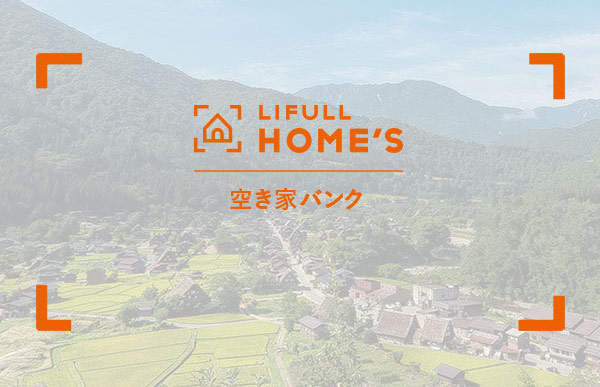
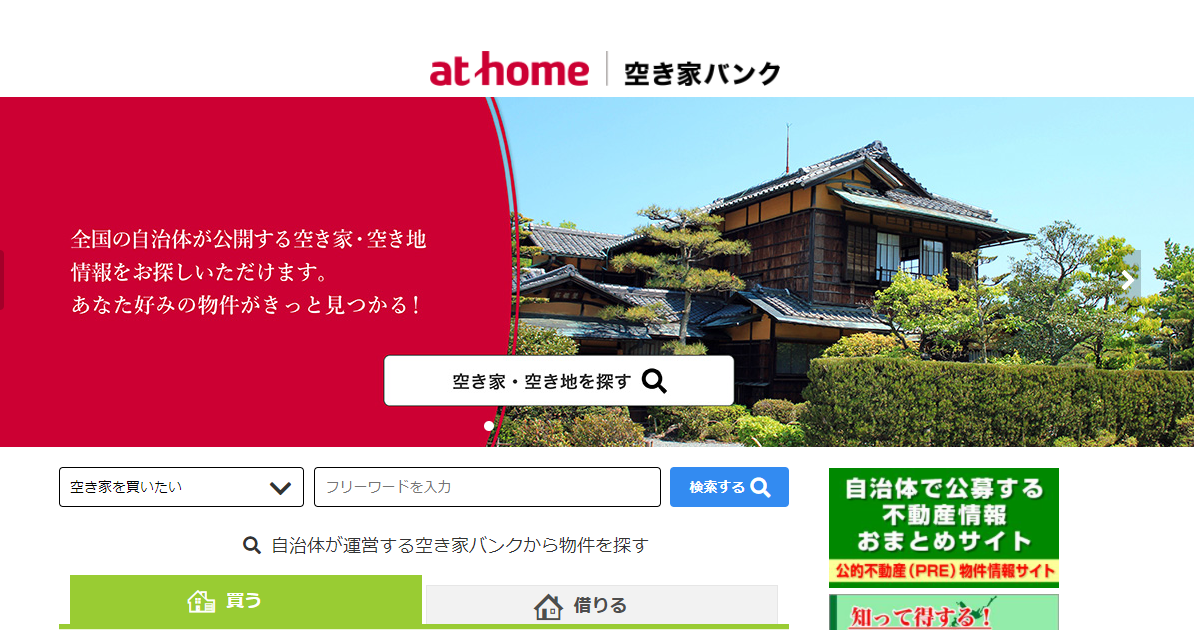
How do akiya banks work?
When a potential buyer is interested in an akiya, they can contact a real estate agent to organise a viewing and discuss purchasing the property from the local government.
How cheap are akiya?
The term akiya can apply to properties of all shapes, sizes, and conditions nationwide, and their prices will reflect this. Some areas are more popular than others and a larger property with more land in better condition is going to cost substantially more than the opposite. Having said that, many of these properties are incredibly cheap. With many four-bedroom houses with large gardens advertised for 2-3 million yen. Others can be more expensive, but compared to other developed countries still significantly cheaper.
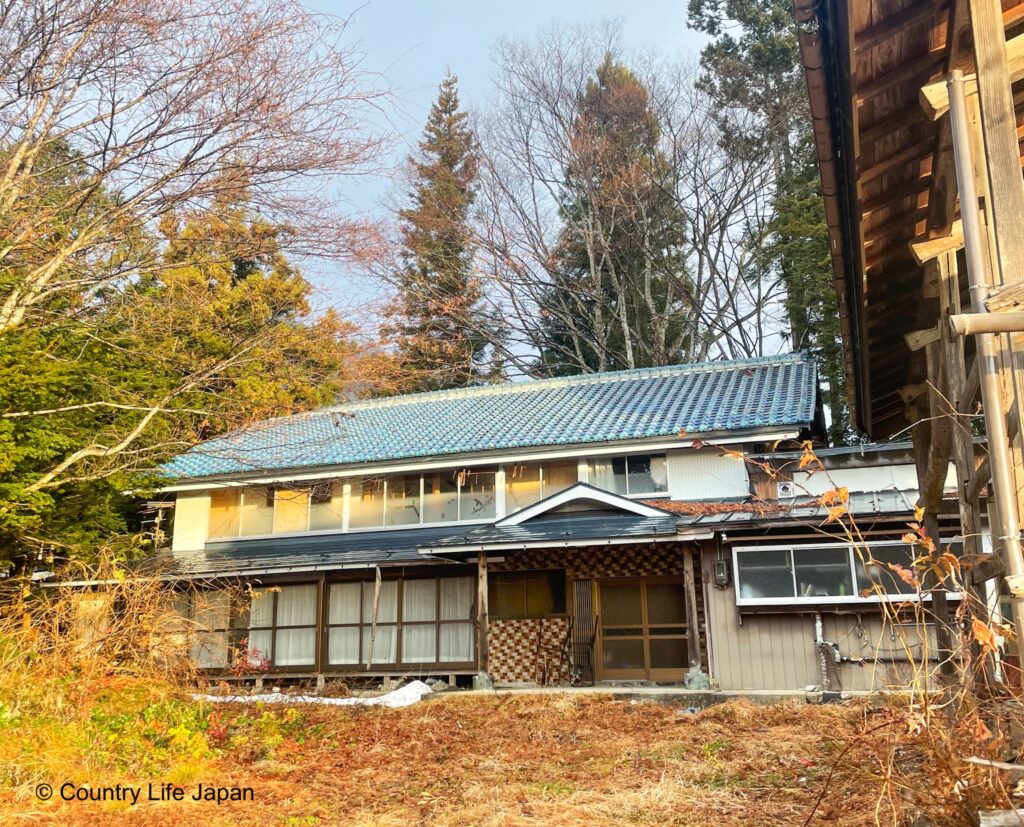
Can foreigners buy an akiya?
It is possible to own an akiya in Japan without being a resident. However, owning land or buildings in Japan does not entitle someone to residency or a visa. So, you could own a property as an investment without the right to ever live in it.
It is also worth noting that many akiya are abandoned because nobody wants to live in them. They are often in quiet rural areas with little around them but scenic beauty and wildlife. They can be some distance from convenience stores, supermarkets, or other shops and facilities. For these reasons, they are not always seen as worthwhile investments for people looking for vacation homes who do not plan to live in the properties permanently. Additionally, taxes and maintenance costs are factors to consider when looking at land and property in the countryside.
Should I buy an akiya?
There are two contrasting perspectives people consider when answering this question. There are those that see the price tag and the size/quality of some akiya and believe that the houses are an incredible bargain not to be missed. On the other hand, people see deteriorating houses as costly to repair, unsafe, and pointless as investment properties too far from the big cities and with little to offer in the form of attractions.
I don’t entirely agree with either of these viewpoints. Firstly, although akiya can be a bargain, their value depends on their location, age, and condition. We found out early on that the low price of buying the house won’t be reflected in the building costs and materials needed for its renovation. The more work a property needs, the more money, time and energy it is going to take.
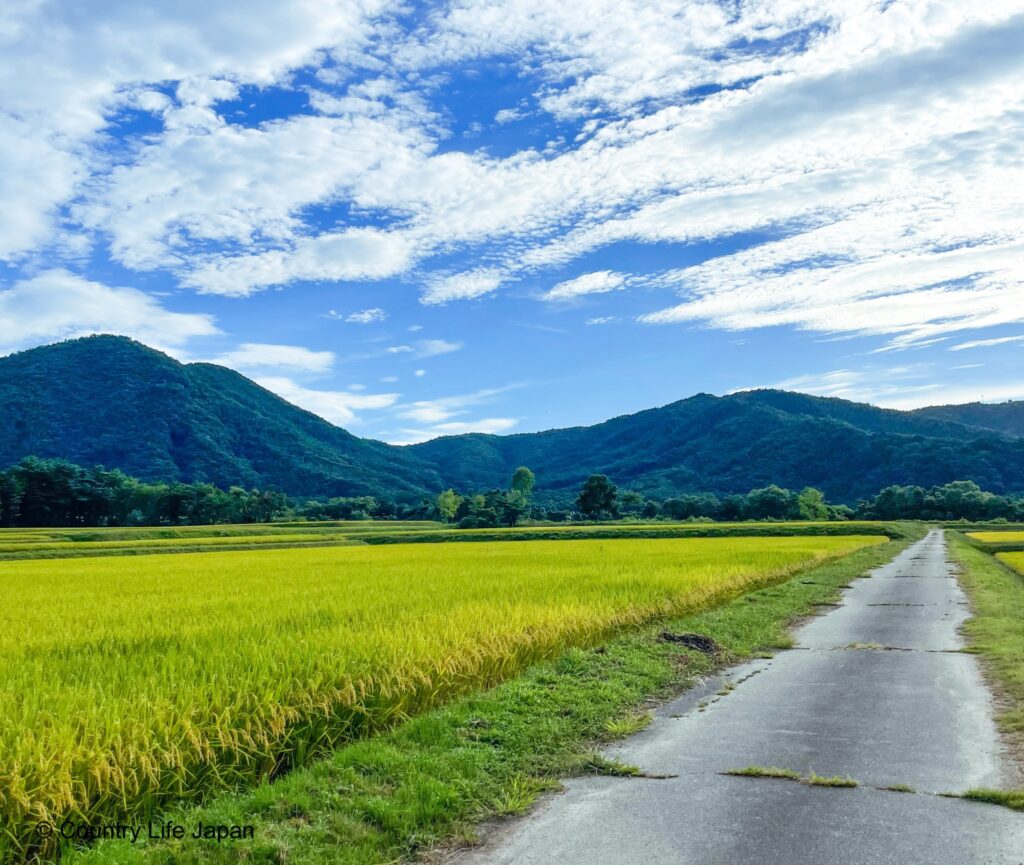
As for the argument that akiya are all worthless because they are far from cities and attractions, I disagree. For me, the most spectacular things about Japan and life here are to be found in rural areas. Most of the country is mountainous and forested. It is home to many authentic cultural aspects that cannot be found in the large cities.
If you are interested in buying an akiya, it is of paramount importance to consider the area and what can be done there. Are there hiking or mountain bike trails, river activities, lakes, winter ski resorts, onsens, good restaurants, shops, bars, etc., in the vicinity? If not, will you be happy living somewhere that limits what you are able to do?

